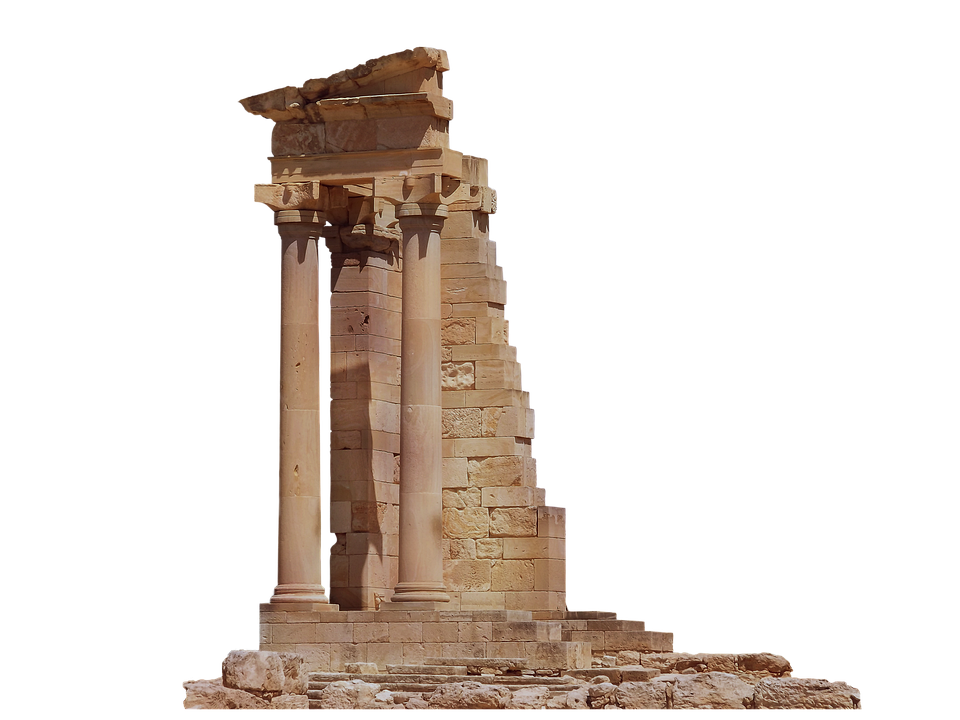The Ancient History of Algeciras
Algeciras, a coastal city located in the province of Cádiz in southern Spain, has a rich and fascinating history that dates back thousands of years. While the city is perhaps best known for its bustling port and modern amenities, it is also home to a number of significant Roman ruins that offer a glimpse into its ancient past.
The Roman Occupation of Algeciras
The Roman presence in Algeciras can be traced back to the 1st century BC when the region was conquered by Julius Caesar during the Roman expansion into the Iberian Peninsula. The Romans quickly recognized the strategic importance of Algeciras’ natural harbor and established a thriving port city known as Portus Albus.
One of the most well-preserved Roman ruins in Algeciras is the remains of a Roman fish-salting factory, which was used to process and preserve fish caught in the nearby waters. This factory is a testament to the importance of fishing in the Roman economy and provides valuable insights into the daily lives of the people who lived and worked in Algeciras during this time.
Another notable Roman ruin in Algeciras is the site of a Roman villa, which was likely the residence of a wealthy Roman family. The villa features a number of well-preserved mosaics and frescoes that depict scenes of daily life in ancient Rome, offering a fascinating glimpse into the cultural and artistic achievements of the time.
Exploring the Roman Ruins of Algeciras
Visitors to Algeciras have the opportunity to explore these ancient Roman ruins firsthand and immerse themselves in the rich history of the region. The ruins are easily accessible and are located in close proximity to the city center, making them a popular and convenient tourist attraction.
One of the best ways to explore the Roman ruins of Algeciras is to take a guided tour led by a knowledgeable local guide. These tours offer valuable insights into the history and significance of the ruins and provide visitors with a deeper appreciation for the ancient culture that once thrived in the region.
In addition to guided tours, visitors can also take self-guided tours of the Roman ruins and explore them at their own pace. Many of the ruins are located in scenic natural settings, making them ideal for leisurely strolls and picnics.
Preserving Algeciras’ Ancient Heritage
The preservation of Algeciras’ ancient Roman ruins is of utmost importance to local authorities and heritage organizations. Efforts are continuously being made to protect and conserve these valuable historical sites for future generations to enjoy.
One such initiative is the ongoing restoration work being carried out on the Roman fish-salting factory. This project aims to stabilize and preserve the ruins in order to ensure their long-term survival and to keep them accessible to the public.
Another important aspect of preserving Algeciras’ ancient heritage is educating the public about the significance of the Roman ruins and the history of the region. Local museums and cultural centers offer exhibitions and educational programs that highlight the importance of the ruins and their role in shaping the identity of Algeciras.
Conclusion
The ancient Roman ruins of Algeciras provide a fascinating window into the city’s rich and storied past. From fish-salting factories to opulent villas, these ruins offer a glimpse into the daily lives and cultural achievements of the people who once called Algeciras home.
Visitors to Algeciras have the unique opportunity to explore these ancient ruins firsthand and to experience the history and heritage of the region up close. By preserving and protecting these valuable historical sites, Algeciras is ensuring that its ancient heritage will continue to be celebrated and appreciated for generations to come.
